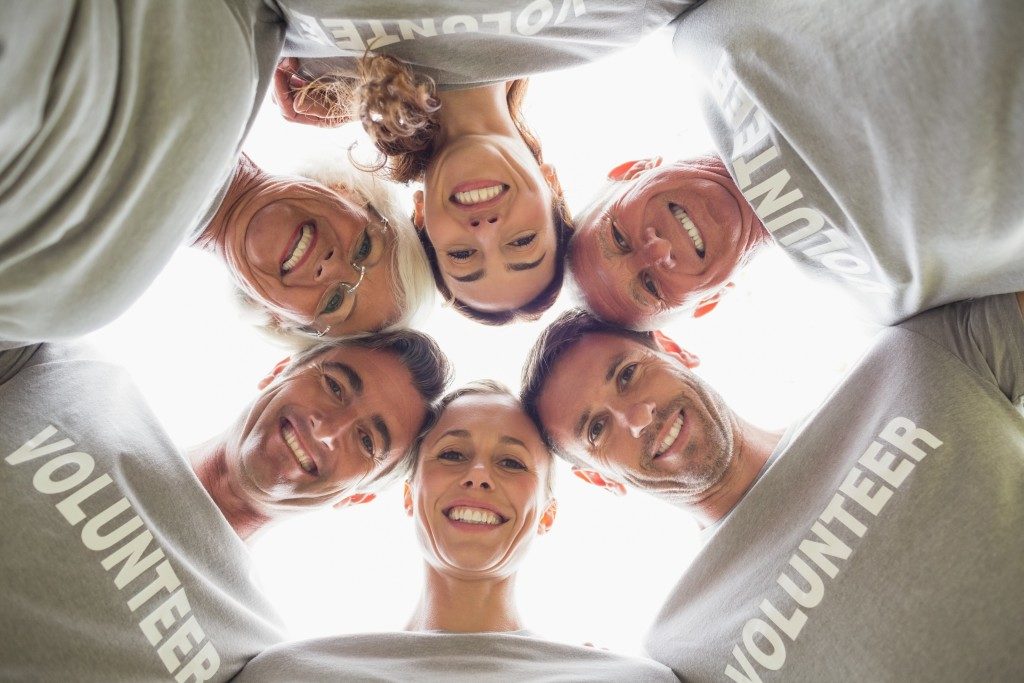While the main goal of volunteering is to help people in need, acts of altruism also has proven benefits in decreasing feelings of depression.
Some of us spend our days in front of our office desks for eight hours, five days a week, questioning our purpose or wondering if there could be more to life than the nine to five grind. Yes, don’t worry. It isn’t just you, and there’s nothing wrong with it either. Whether you love or hate your job, the routine can get tiring. And dreaming of doing something beyond our day jobs that can benefit the society show how we are not just all about putting money in our bank accounts, we want to help people in need as well.
Over the years, more and more people are volunteering—especially younger people. According to the Bureau of Labor Statistics, more than 60 million Americans volunteered in 2015. Moreover, the millennial generation is reaching new heights when it comes to volunteering, as the number increases with each passing year. According to Millennial Impact Report, millennials are a charitable and thoughtful generation that prioritize service to others which explains why they devote their time to volunteer causes. Another study, this time by Up with People Org, 46% of millennials volunteered for a cause affiliated with a social issue they care about. Whether it’s donating food to pets in animal shelters or volunteering in clinical trials to be a party of moving science forward, millennials are keen to help.
However, aside from the desire of helping, there could be one more thing that is driving millennials to volunteer: its benefits to their mental and physical health.
How volunteering helps the volunteer
 In a 2017 essay published by digital publication, VICE, the author cited volunteering as the best kept secret for mental health. According to her, volunteering immensely helped with her anxiety and stress. She only expected the usual warm-fuzzy feeling from helping others, but she never expected the stress release and reduction in anxiety.
In a 2017 essay published by digital publication, VICE, the author cited volunteering as the best kept secret for mental health. According to her, volunteering immensely helped with her anxiety and stress. She only expected the usual warm-fuzzy feeling from helping others, but she never expected the stress release and reduction in anxiety.
A study from Community Service Volunteers found that half of those who volunteered for more than two years said it made them feel less depressed. The said poll also found that 71% of the volunteers who offered their professional skills said that it decreased feelings of depression and 31% of them took less time off work to devote it to volunteering instead.
In the 2017 study ‘Volunteering and health benefits in general adults: cumulative effects and forms’, it was found that participation in volunteer work has significant effect in better mental and physical health, life satisfaction, and self-esteem.
Participating in volunteer work increases one’s social interaction which can diminish the feelings of isolation. Being surrounded and working with people towards the same goal can help you build a strong support system which can be a great tool to combat depression. Getting involved in community work will not only help communities in need but also help you when you’re feeling down or struggling with your personal life.
While medications and therapy help, the act of putting the needs of others before your own and sacrificing your own time and energy help boost your mood. Through volunteering, you get to heal while having a positive impact on the world at the same time.









